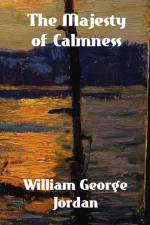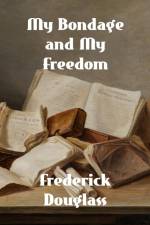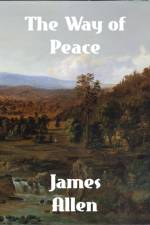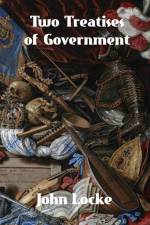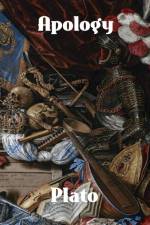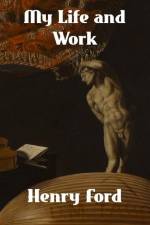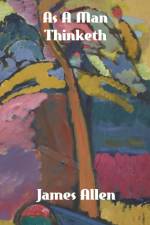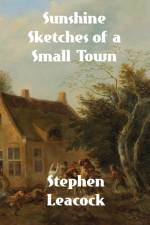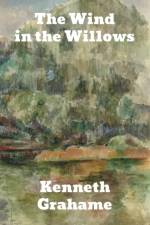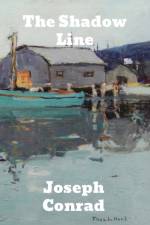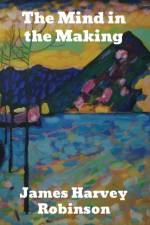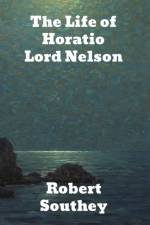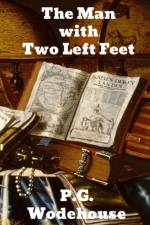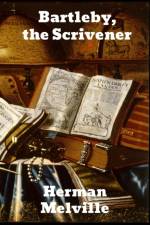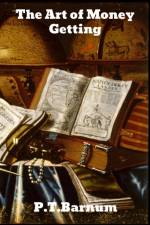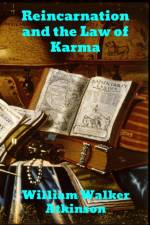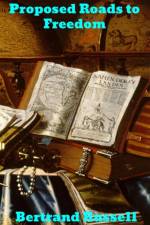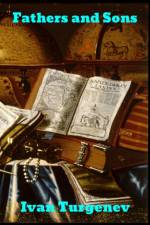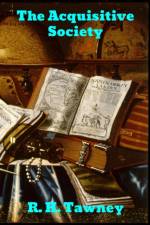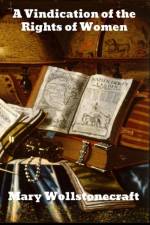av James Alllen
157
The Way of Peace is a self help book written by James Allen. Although Allen is more widely known for his As a Man Thinketh, it is the lesser known The Way of Peace (1907) which reflects more accurately his New Thought Movement affiliations, referencing as it does Christianity, Buddhism and Hinduism.The book is essentially a treatise on the importance of meditation as a 'pathway to divinity'. Whatever we meditate upon, Allen explains, we become. If you meditate upon ' that which is selfish and debasing, you will ultimately become selfish and debased'. Whereas if you meditate upon ' that which is pure and unselfish you will surely become pure and unselfish'.The book consists of seven chapters: The Power Of Meditation; The Two Masters, Self And Truth; The Acquirement of Spiritual Power; The Realisation of Selfless Love; Entering into the Infinite; Saints, Sages, And Saviors, The Law Of Service; and The Realisation of Perfect Peace. The first chapter also contains a poem, Star of Wisdom, which captures the essence of the book.Spiritual meditation is the pathway to Divinity. It is the mystic ladder which reaches from earth to heaven, from error to Truth, from pain to peace. Every saint has climbed it; every sinner must sooner or later come to it, and every weary pilgrim that turns his back upon self and the world, and sets his face resolutely toward the Father's Home, must plant his feet upon its golden rounds. Without its aid you cannot grow into the divine state, the divine likeness, the divine peace, and the fadeless glories and unpolluting joys of Truth will remain hidden from you.Meditation is the intense dwelling, in thought, upon an idea or theme, with the object of thoroughly comprehending it, and whatsoever you constantly meditate upon you will not only come to understand, but will grow more and more into its likeness, for it will become incorporated into your very being, will become, in fact, your very self. If, therefore, you constantly dwell upon that which is selfish and debasing, you will ultimately become selfish and debased; if you ceaselessly think upon that which is pure and unselfish you will surely become pure and unselfish. Tell me what that is upon which you most frequently and intensely think, that to which, in your silent hours, your soul most naturally turns, and I will tell you to what place of pain or peace you are traveling, and whether you are growing into the likeness of the divine or the bestial.There is an unavoidable tendency to become literally the embodiment of that quality upon which one most constantly thinks. Let, therefore, the object of your meditation be above and not below, so that every time you revert to it in thought you will be lifted up; let it be pure and unmixed with any selfish element; so shall your heart become purified and drawn nearer to Truth, and not defiled and dragged more hopelessly into error.

